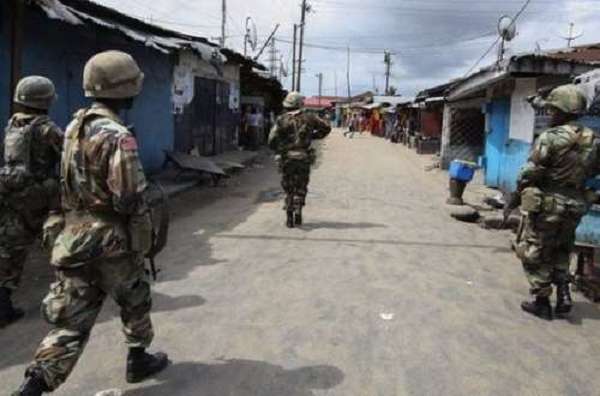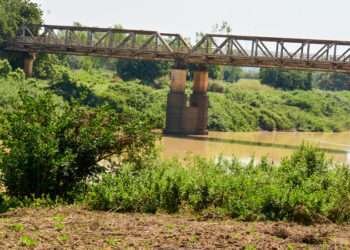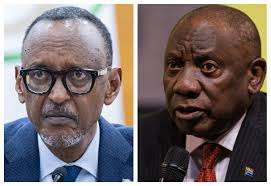A Security Analyst, Adib Sani, has expressed the need for government to find a more sustainable approach to bring an end to the violence in Bawku in the Upper East Region.
According to him, although government has among other things, imposed curfews and ban the use of tricycles in Bawku, the current system government is implementing will not resolve the violence.
“Now the issue is with the approach in dealing with the situation on the ground over the years. When you even listen critically to the Peace Council, you will realize that the focus is very much on the kinetic approach. We need to keep the peace, imposition of curfews, let us ban the use of tricycles, let us stop people from wearing fugu… and all that. It is not sustainable, it is ad hoc.”
Adib Sani
Mr Sani revealed that the laid down rules will not entirely end the violence, thus “[government] might silence the guns today but because we have not taken the initiative to deal with the underlining fundamental issues, they will fight again tomorrow”.
The security analyst indicated that government initially met the groups involved in the clash to settle the issue, but for failure to meet their demands, violence has erupted. He explained that the people lived up to their part of the bargain by “silencing the guns for about two months”, and that not a single shot was fired in Bawku. However, he reckoned that government did not do much to deal with the issue.
“The Defence Minister and some other security stakeholders including my senior colleague, Dr Adam Bonaa were in Bawku where they met the various sides [parties involved in the clash] who committed to silencing the guns on a certain condition that government will take practical steps to deal in a sustainable way with the issue once-and-for-all.”
Adib Sani
Mr Sani’s comments come in the wake of the recent shooting incidents in Bawku which has currently claimed lives.
Dozens of people are fleeing troubled Bawku community following renewed chieftaincy issues which have resulted in the death of 18 persons and the destruction of properties running into thousands of cedis within two weeks.
Bawku has been under attack from unknown gunmen forcing the Municipal Security Council (MUSEC) to call for more security reinforcement to augment the efforts of officers on the ground.
Bawku urged to ceasefire
Meanwhile, the Municipal Chief Executive for Bawku, Hamza Amadu, has revealed that the Municipal Security Council (MUSEC) will do its possible best to protect lives and properties.

He stated that currently, eighteen people have died so far and persons within the community are living in fear following the killings. Owing to this, he explained that authorities are aware of people fleeing the town as a result.
Weighing in on the conversation, the National Peace Council has urged the two feuding factions in the Bawku ethnic dispute to commit to restoring longstanding peace in the area. It urged the Kusasis to rescind their decision to withdraw from the Inter-Ethnic Peace Committee (BIEPC) in the wake of the ongoing conflict between the Mamprusis and Kusasis in the area.
The Kusasis withdrew from the committee because all efforts to get a solution to the conflict in Bawku have proven futile. The committee was charged with the responsibility to open up constructive and open dialogue among all people of Bawku.
Prior to this, the Ghana Registered Nurses and Midwives Association expressed fears that members in Bawku in the Upper East region might abandon post.
According to the nurses, the current security situation in Bawku is not conducive for working. President of the Ghana Registered Nurses and Midwives Association, Perpetual Ofori-Ampofo, appealed for ceasefire.
READ ALSO: As For Politics And Elections You Must Consider That It Is Not Always Win-win- John Boadu





















